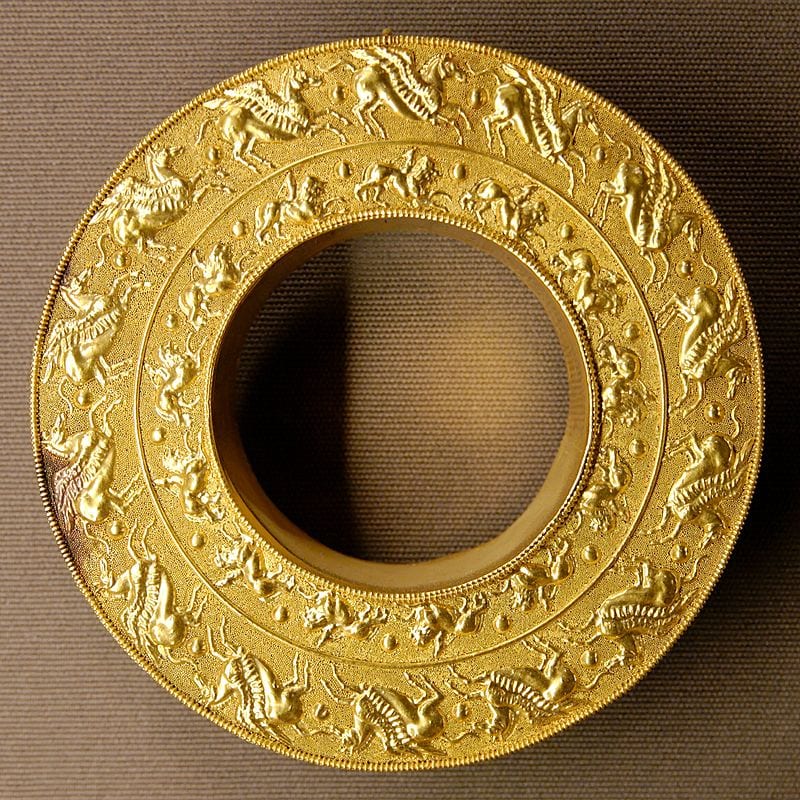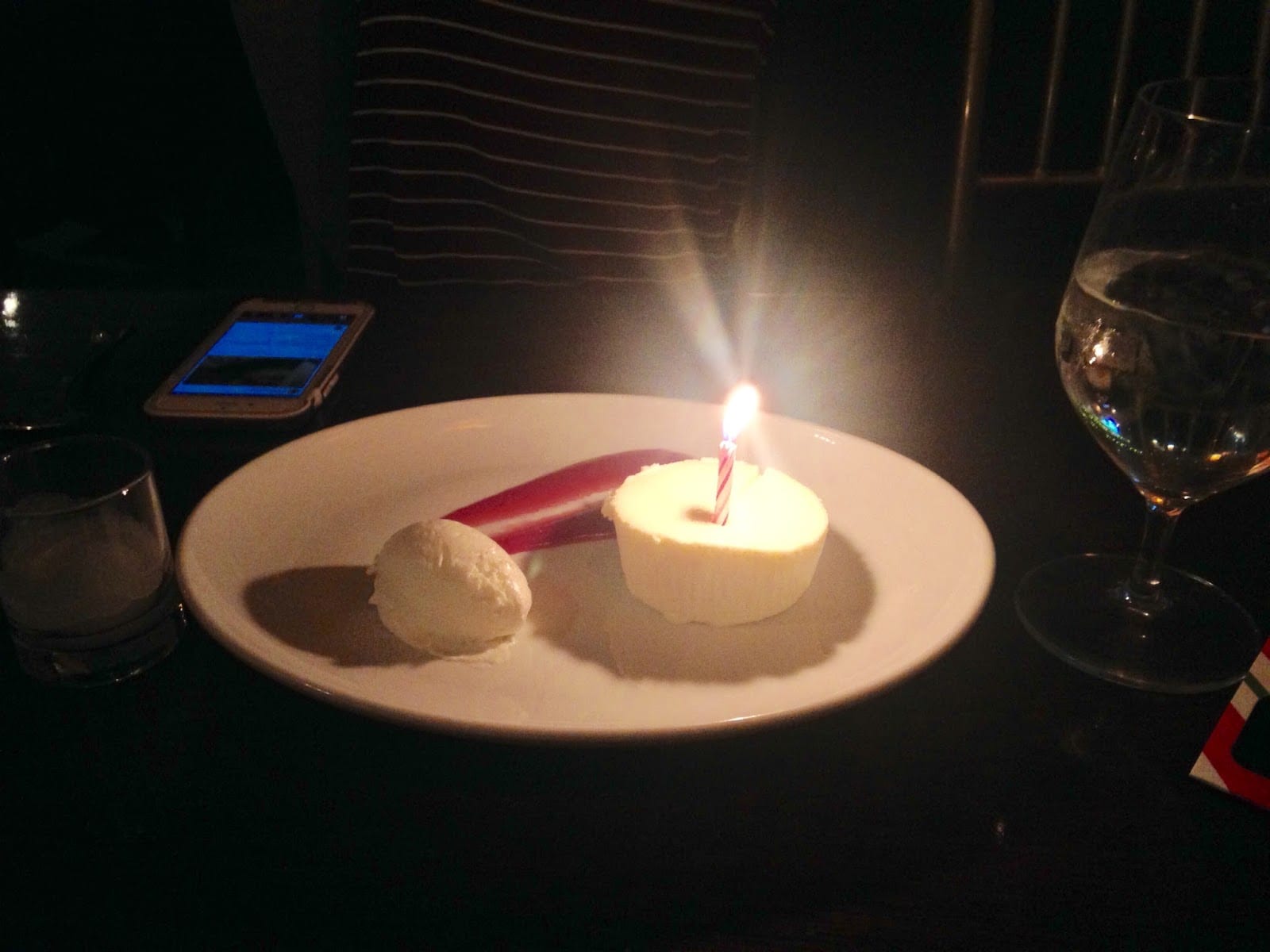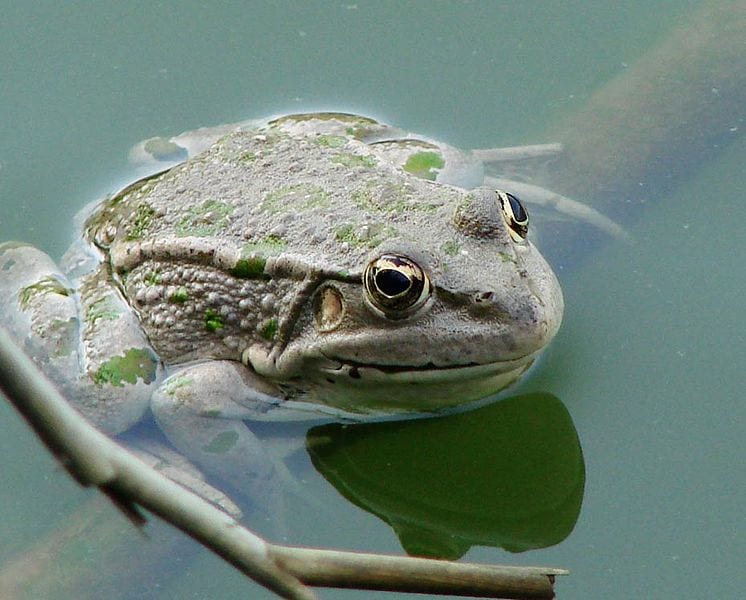 *
*I remember hearing, back in September or October, a report on NPR about microchimerism of mothers, and it is one of those things that has stuck in my craw for months. Basically, there is evidence that when a woman is pregnant, not only do things pass from her to the baby via the placenta and umbilical cord, but that fetal cells can cross the placenta and circulate in the mother’s body as well. There is also evidence that these cells can lodge in the mother’s body and morph into new cells, integrating themselves into the mother’s tissues and dividing along with the rest of her cells.
Yeah.
Whoa.
I think that means that I not only have parts of Eve and Lola in my actual body, but that Bubba is in there as well.
And I have to say that, as this notion has been stuck in my craw, turning around and around in some remote corners of my brain, it has conjured up all sorts of flashes of weirdness.
Like, there is part of me in my mother, too. Which has me thinking about the cycles of mother and daughter and mother. And that leads to the idea that no matter how much we rail against becoming our mothers, maybe our mothers become us a little bit more, too, and so there’s just no escaping the eventual similarities. It puts me in mind of parallel lines that aren’t quite parallel, so that at some point in the distant future, they will touch, if only for a brief moment.
And it makes me think that (as much as I think my mom would hate this idea), there is some of my Dad floating around in her, too, since she had two kids with him. And, while it is of some comfort to me that I carry some of Bubba with me wherever I go, I wonder how much it would bother me to know that, had I not chosen to have a child with someone (for example, if I were sexually assaulted and it resulted in a pregnancy), that I might always have some part of them in me.
Beyond that, it makes me wonder about whether Lola carries some part of Eve in her thanks to being the second child. Were the cells from Eve so much a part of me by the time I got pregnant with Lola that some of them transferred into her sister? I think I might have to wait for just the right time to broach the subject with them…
And is there some evolutionary purpose to all of this? Does it exist to make the familial bonds stronger? To bind parents together more tightly? To bind mothers and children together in some elemental way? To tighten the strings of sibling connection? I have often noticed that when my children are in pain, I feel it, and even, to some extent, when Bubba is suffering, I have the sense that I am commiserating on a deeper level – something that goes beyond empathy, it seems to me. Could this be because I have had children with him?
It is all pretty mind-boggling and, to be honest, I find it very entertaining to think about the possibilities. I know a woman who tried to get pregnant for years and couldn’t, so she ended up adopting a fully fertilized embryo from a fertility clinic and she now has a lovely little girl whom she describes as a “great passenger” during the pregnancy. Does she now carry the DNA from two complete strangers in her body and will her subsequent children carry that, too? Whoa. Just, whoa.
It really does lend credence to this notion that we are all connected, and I have to say that I like it.
*I searched for pictures of chimera and was dismayed that all the ones I found were hideous and frightening. I chose this picture of a piece of art that hangs in The Louvre because, technically, it has Pegasus on it, so it qualifies, and it’s beautiful.




